THREAD
In 1914 there was a deeply rooted and thriving community of German migrants in Britain; by 1918 it was almost utterly destroyed. (1)
In 1914 there was a deeply rooted and thriving community of German migrants in Britain; by 1918 it was almost utterly destroyed. (1)
In 1911, 53,324 German migrants lived in Britain. Around half of them lived in the East & West End of London; many worked in service industries, e.g. as waiters, governesses, teachers. Others ran small shops (e.g. barbers, butchers, bakers) up and down the country. (2)
They were rooted in British society; lived among their neighbours; provided valued services. They also maintained their German identities by socialising in German clubs, reading German-language newspapers, attending German churches, and often marrying other German migrants. (3)
Between 1914 and 1918, these communities were eviscerated by government action and public opinion, fuelled by xenophobic rumours that British residents of German heritage were subversive agents of their ‘Fatherland’. (4)
The day after war was declared in 1914, the Aliens Restriction Act was rushed through Parliament. It prescribed that all Germans had to register with the police and could not move more than five miles. The Act also eliminated all German newspapers and clubs. (5)
A series of further measures also closed down all of the German-owned businesses in Britain and confiscated property and assets without compensation for the owners. (6)
The government carried out a devastating policy of wholesale internment of males aged 17–55, which meant the destruction of the German family in Britain. Camps were set up across Britain with the largest, Knockaloe, holding over 23,000 men at its peak (including POWs). (7)
The government deported German women, children, and the elderly throughout the war and also deported males upon release from internment. More than 30,000 German residents were deported during the war, meaning that just 22,254 remained in Britain by 1919. (8)
Throughout the war, these actions received wholesale support from public opinion. Newspapers became littered with stories about German spies and constantly demanded an intensification of internment. (9)
Anti-German strikes also took place to eliminate German workers. Anti-German organisations were founded, most notably the British Empire Union, which called for the “Extirpation – Root and Branch and Seed – of German Control and Influence from the British Empire”. (10)
Germanophobia also manifested itself in anti-German riots, which erupted across Britain. National and local newspapers made a direct connection between those Germans living in Britain, many of whom were firmly rooted in British society, ... (11)
... and the actions of the German army.
Following the sinking of the Lusitania, riots began in Liverpool but spread like wildfire to the rest of the country. It is estimated that almost every German-owned shop in Britain had its windows smashed. (12)
Following the sinking of the Lusitania, riots began in Liverpool but spread like wildfire to the rest of the country. It is estimated that almost every German-owned shop in Britain had its windows smashed. (12)
These riots involved enormous crowds of people and frequently left the police powerless to prevent looting as they were overwhelmed by the scale of violence.
Video footage on Pathé: https://www.britishpathe.com/video/anti-german-riots
(13)">https://www.britishpathe.com/video/ant...
Video footage on Pathé: https://www.britishpathe.com/video/anti-german-riots
(13)">https://www.britishpathe.com/video/ant...
These people suffered horrifically because of rampant xenophobia and an imperialist war they didn’t start. Their rights were stripped away, their livelihoods destroyed, their families separated, their communities uprooted, their futures taken out of their own hands. (14)
I think these stories shed light on impacts of WW1 that are often absent from school curricula, mostly at the expense of multiple lessons on trenches etc. They also fit well into @tomallenhistory’s Y9 theme of state power breaking into ordinary people’s lives during the C20. (15)
These people were part of British society, and they are part of British history.
There are also very interesting local history avenues on WW1 to pursue here, especially (but not exclusively!) for teachers and pupils in London and Liverpool. (16)
There are also very interesting local history avenues on WW1 to pursue here, especially (but not exclusively!) for teachers and pupils in London and Liverpool. (16)
Additionally, these stories can provide great context for teachers and pupils who study @FernRiddell’s Death In 10 Minutes in their curriculum, since Kitty Marion was among those German migrants deported during the war. (17)
For anyone interested, here are some excellent resources:
https://www.ourmigrationstory.org.uk/oms/germanophobia-and-germans-in-britain-in-the-early-twentieth-century">https://www.ourmigrationstory.org.uk/oms/germa... (Great resource with further links). (18)
https://www.ourmigrationstory.org.uk/oms/germanophobia-and-germans-in-britain-in-the-early-twentieth-century">https://www.ourmigrationstory.org.uk/oms/germa... (Great resource with further links). (18)
https://blog.nationalarchives.gov.uk/enemy-aliens-great-britain-1914-1919/">https://blog.nationalarchives.gov.uk/enemy-ali... (19)
Story of an individual, Georg Hohenrein, in Hull:
https://www.bbc.co.uk/programmes/p01qvvf8
https://www.bbc.co.uk/programme... href=" https://www.mylearning.org/stories/antigerman-sentiment-in-the-first-world-war/806?">https://www.mylearning.org/stories/a... (20)
https://www.bbc.co.uk/programmes/p01qvvf8
Research by Panikos Panayi:
http://www.historytoday.com/archive/forgotten-prisoners-great-war
https://www.historytoday.com/archive/f... href=" http://www.historytoday.com/archive/germans-19th-century-britain">https://www.historytoday.com/archive/g... (21/21)
http://www.historytoday.com/archive/forgotten-prisoners-great-war

 Read on Twitter
Read on Twitter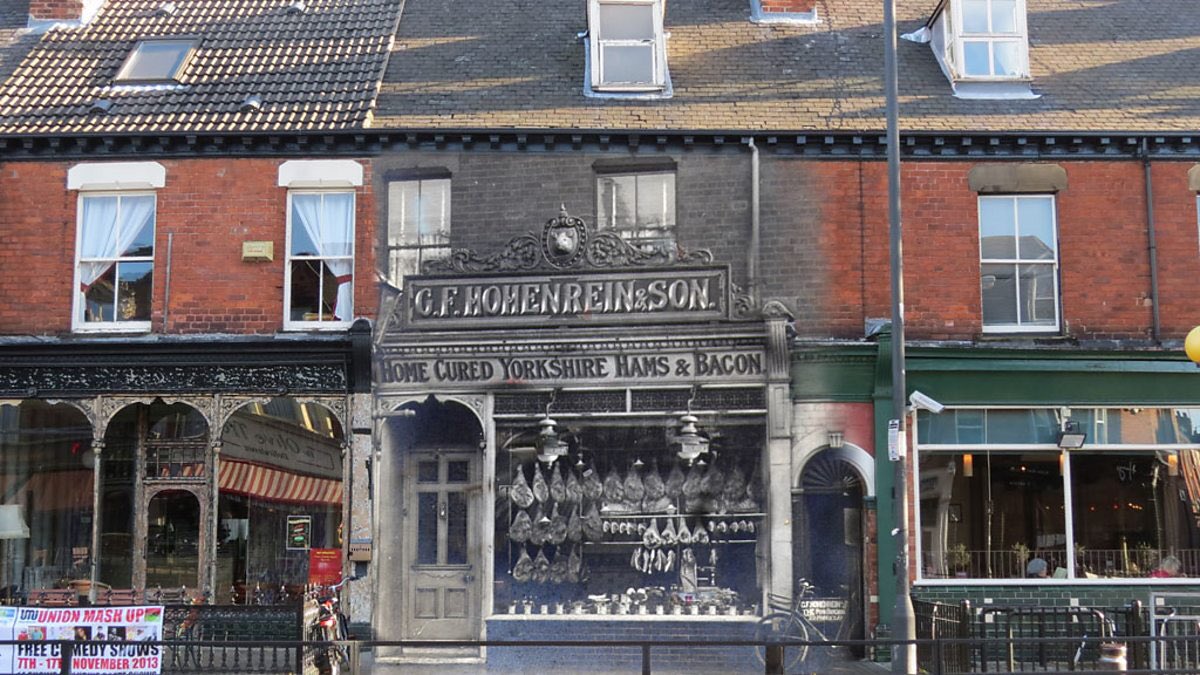
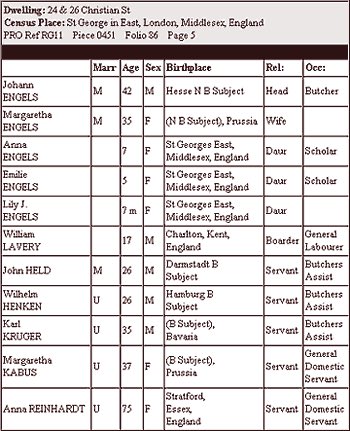
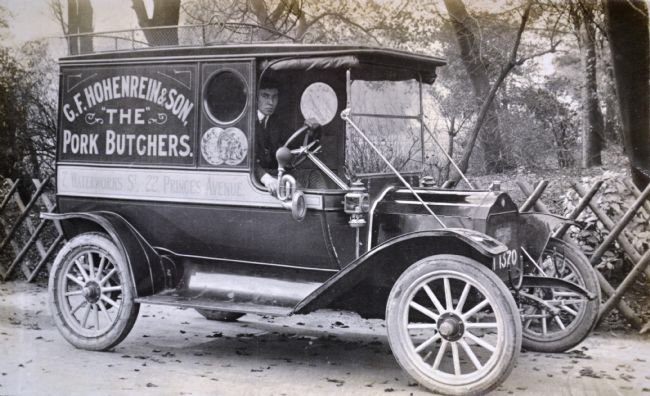
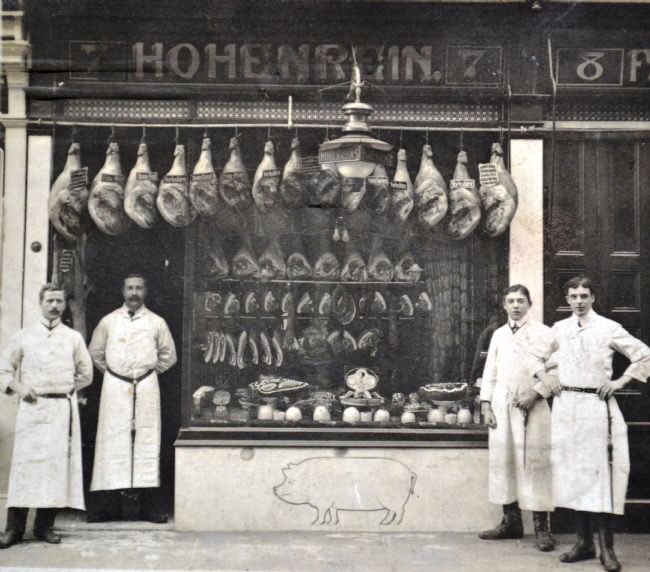
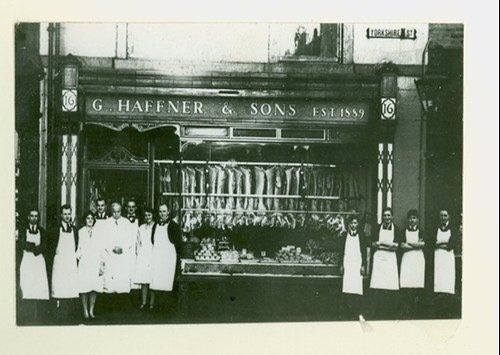
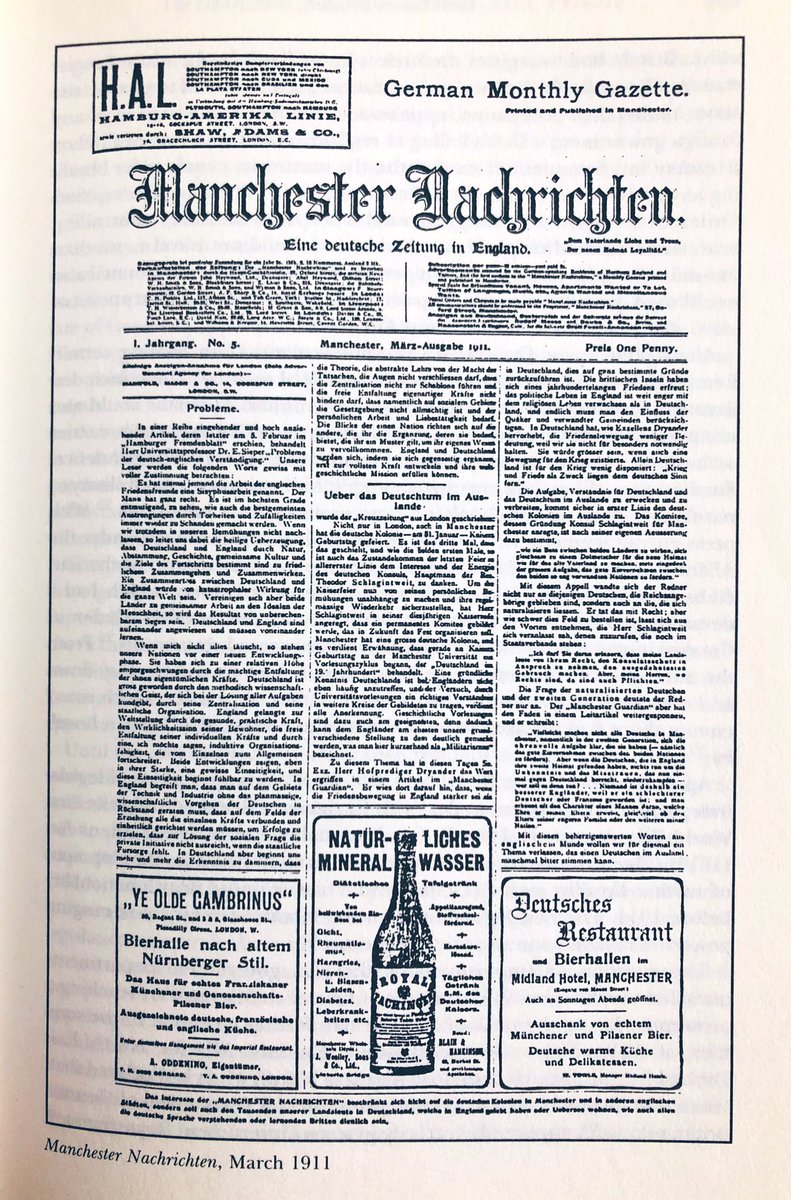
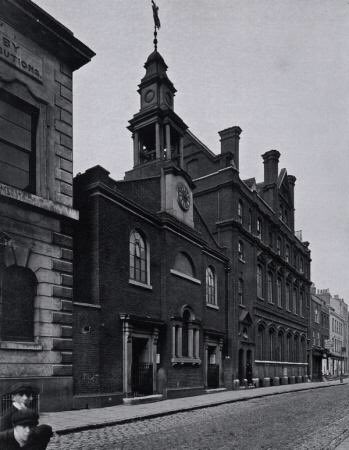
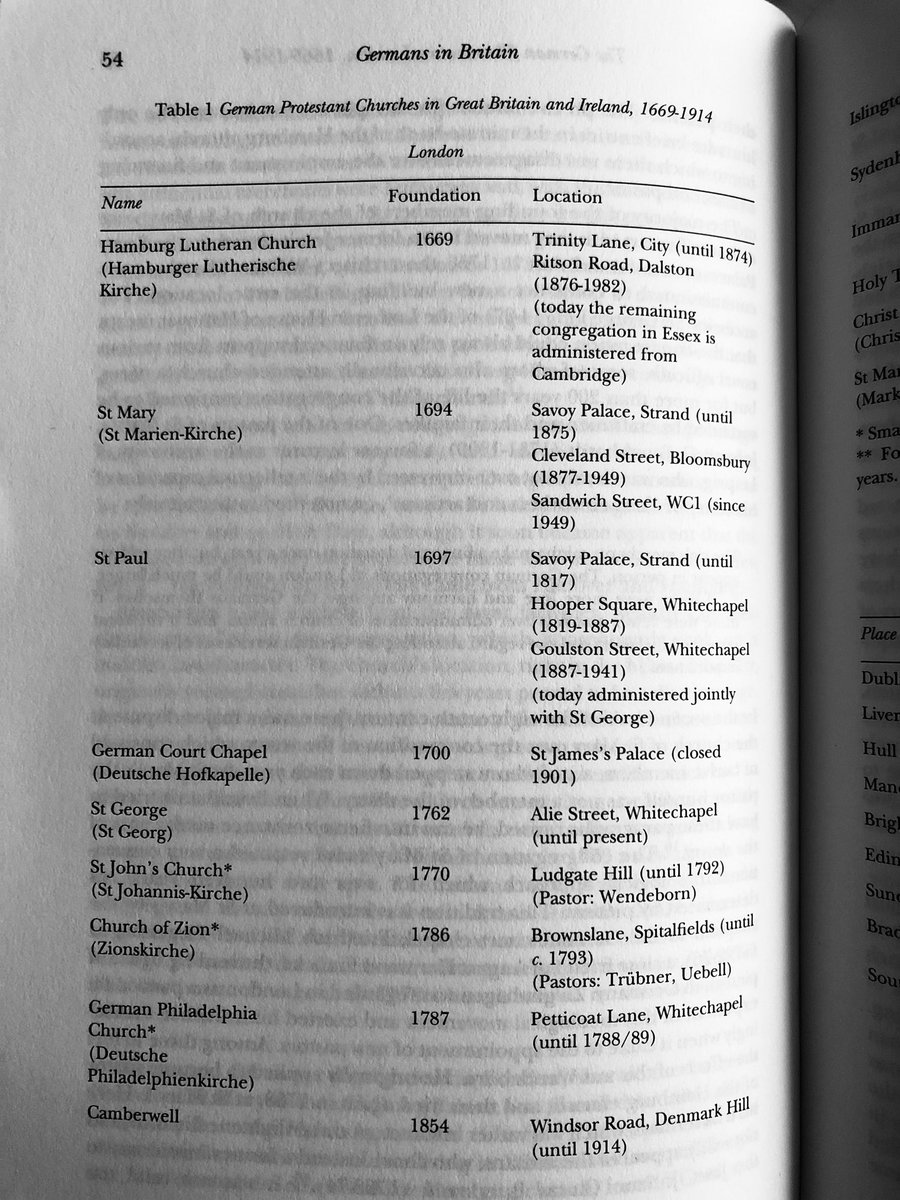
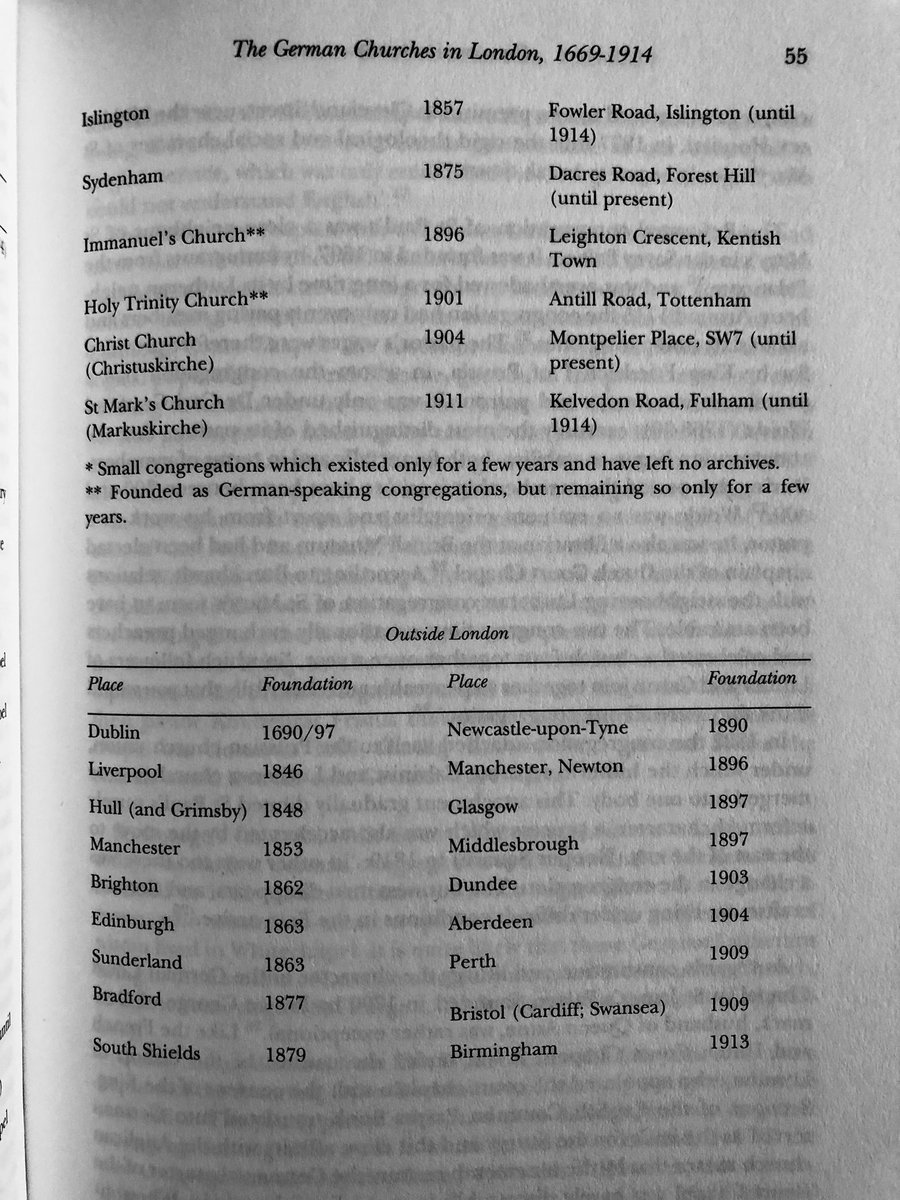
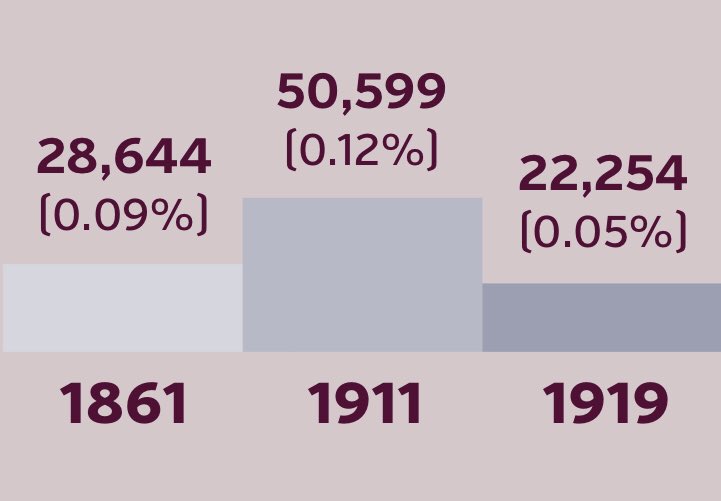
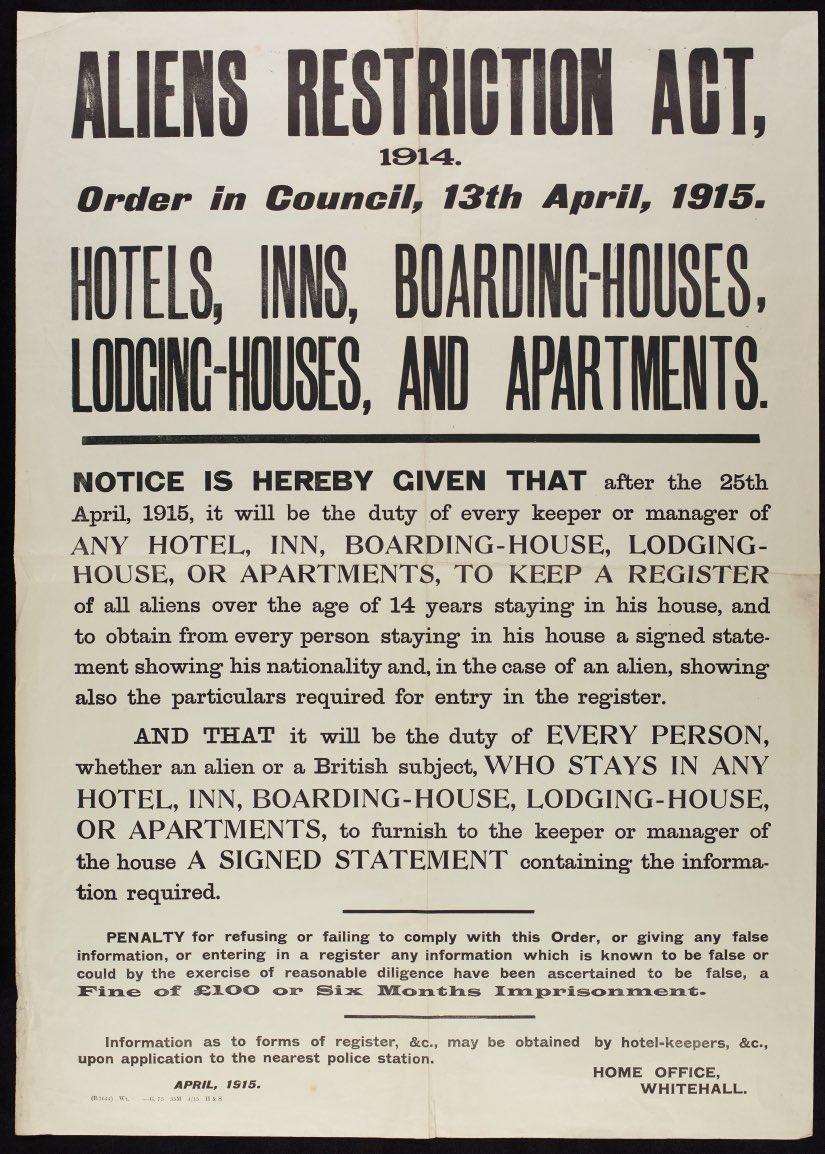
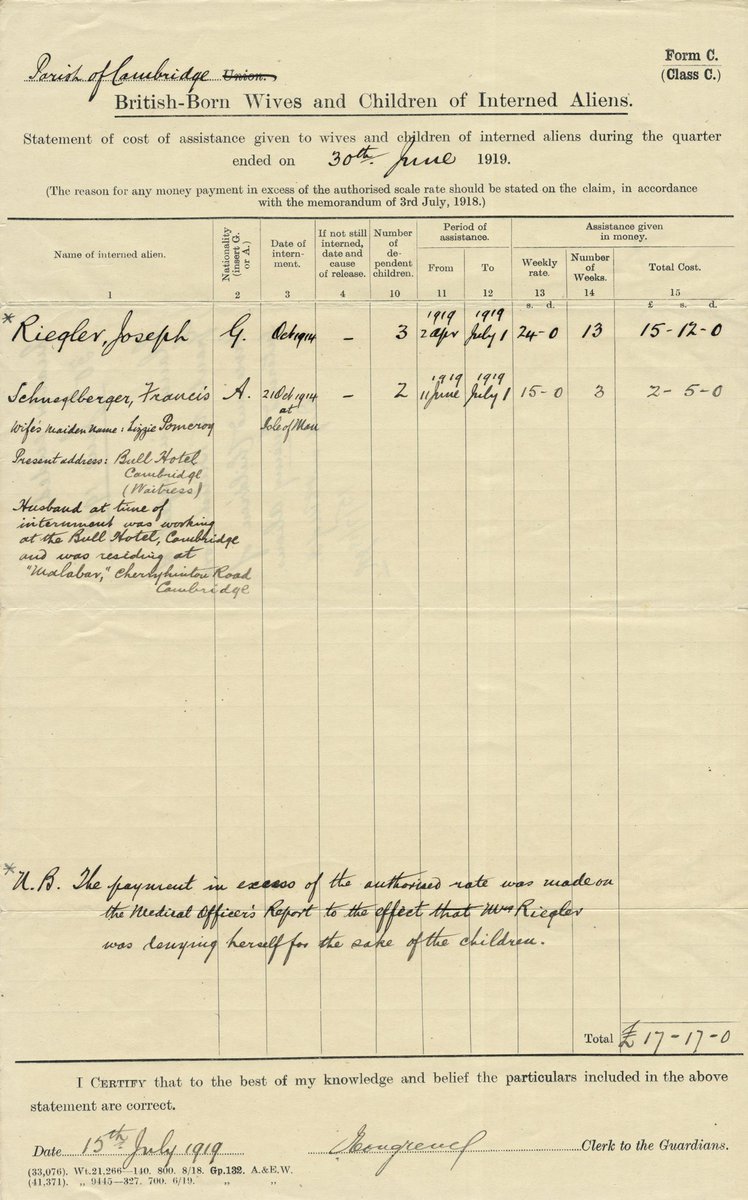
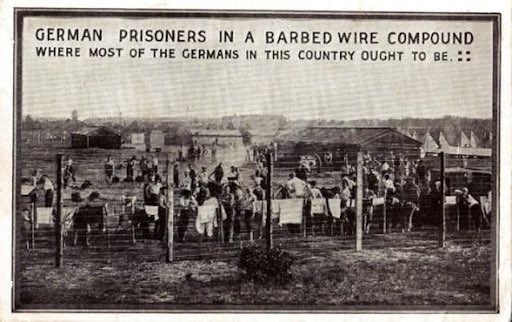
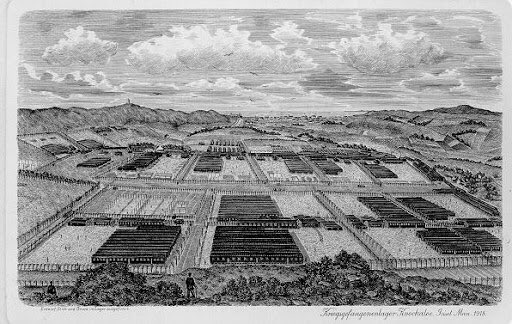
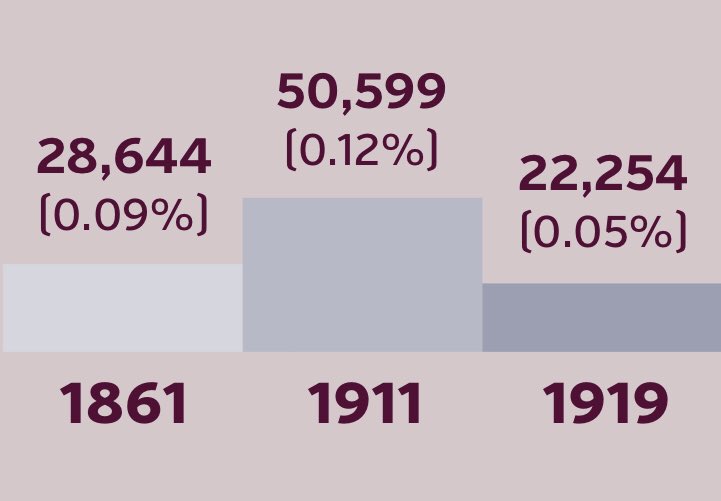
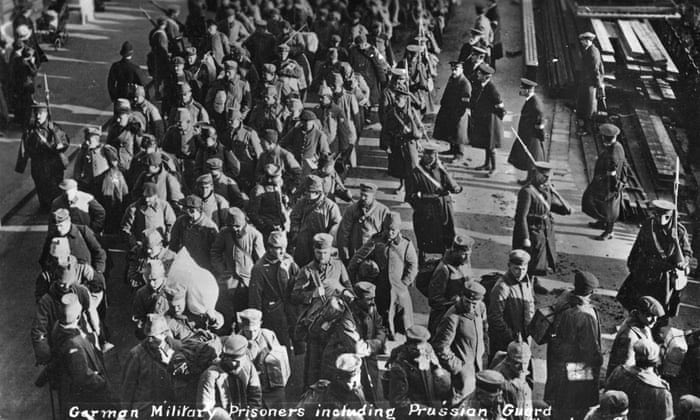
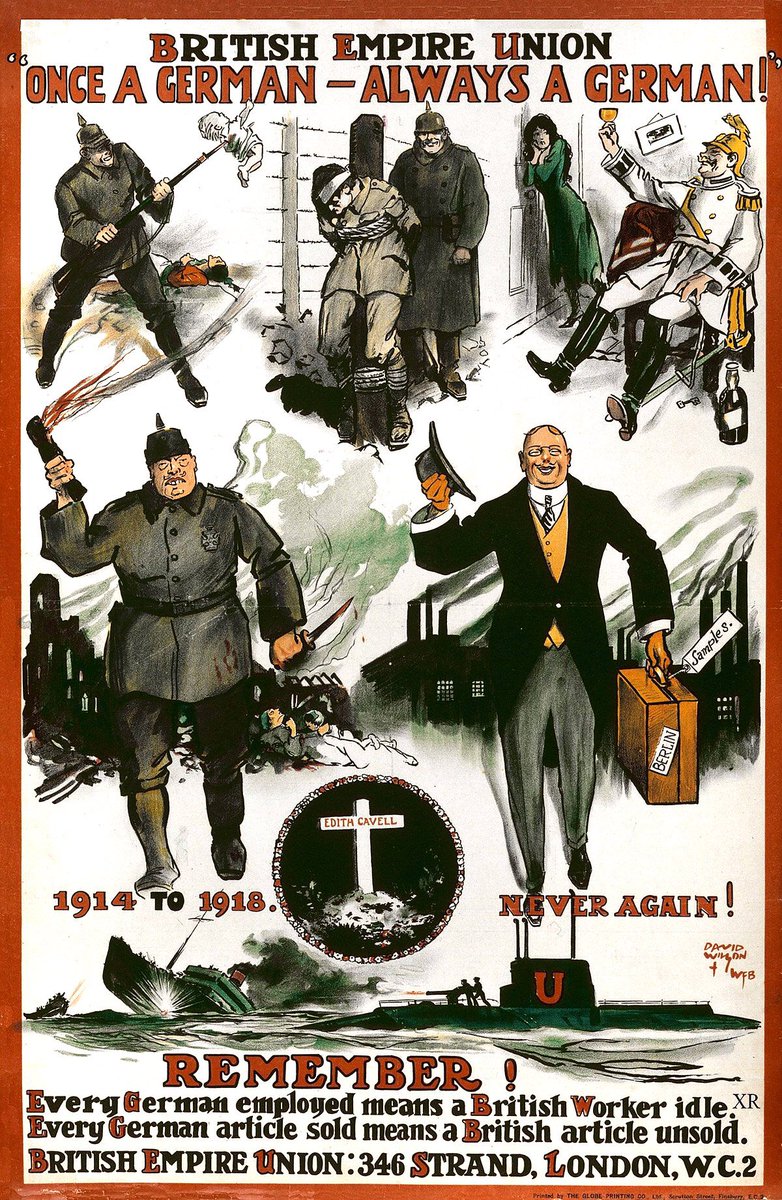
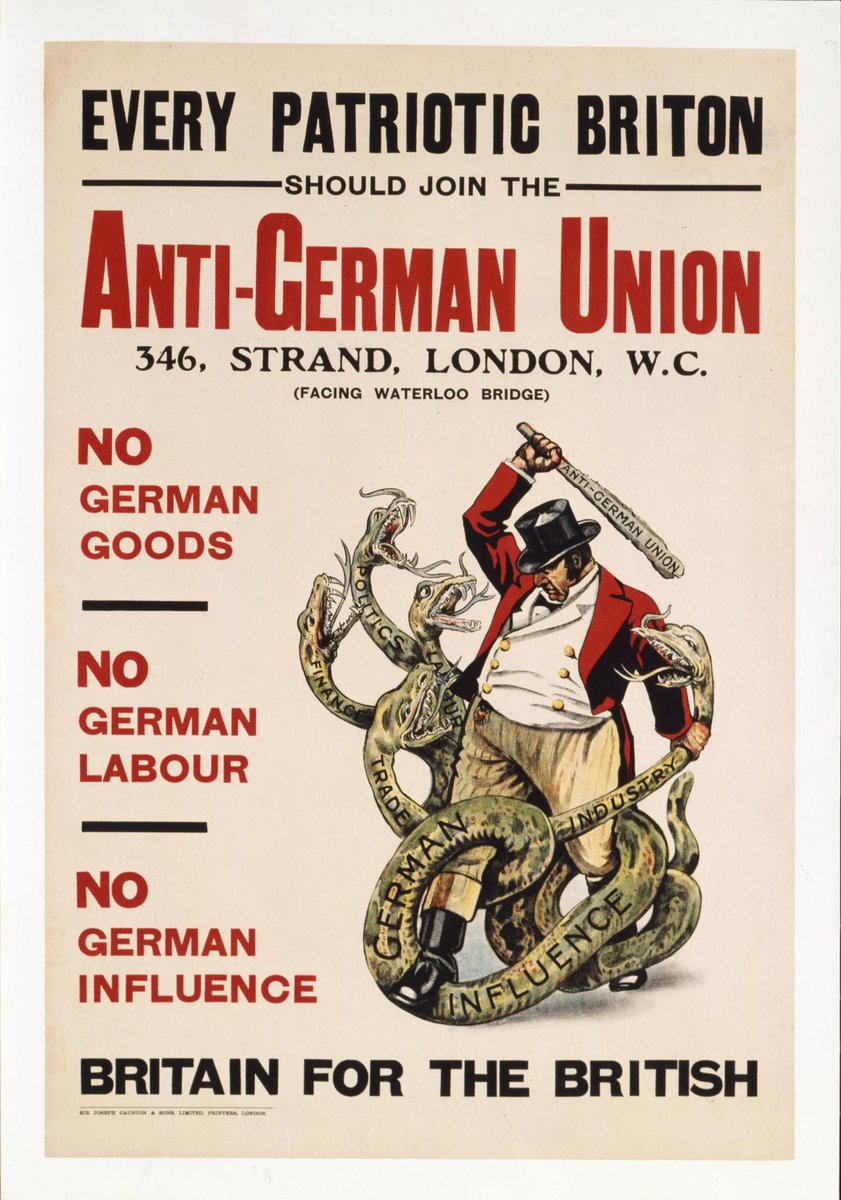
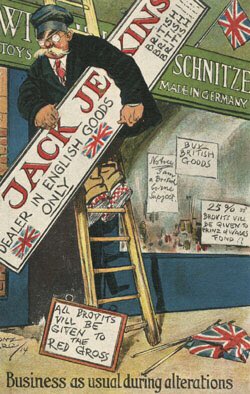
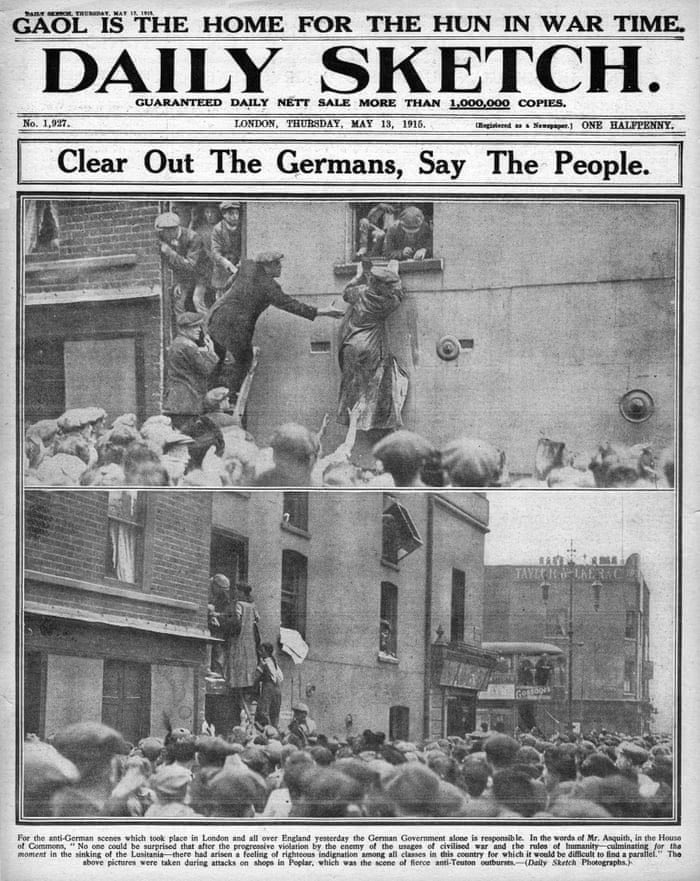
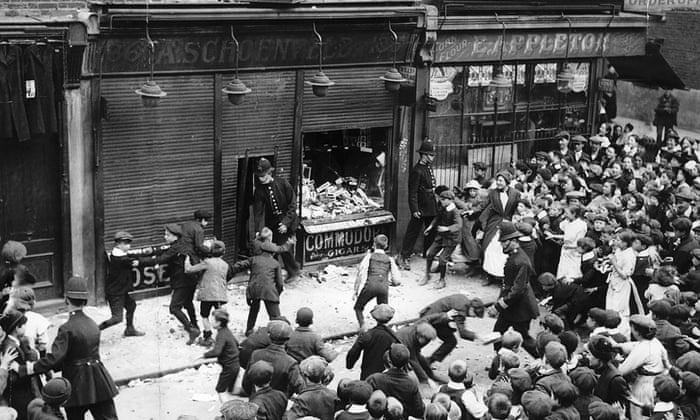
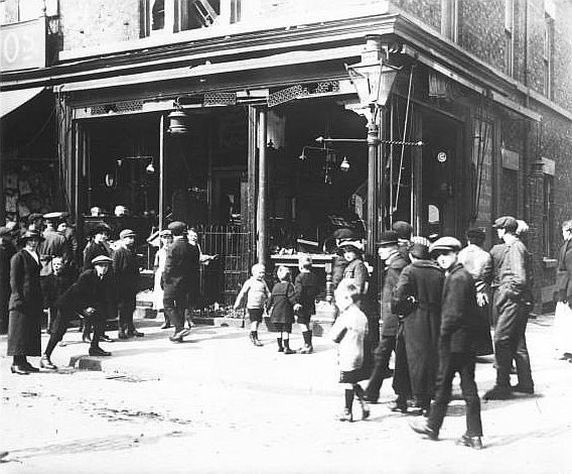
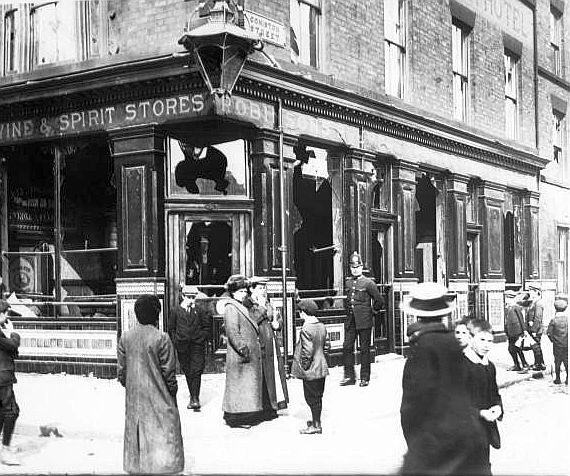
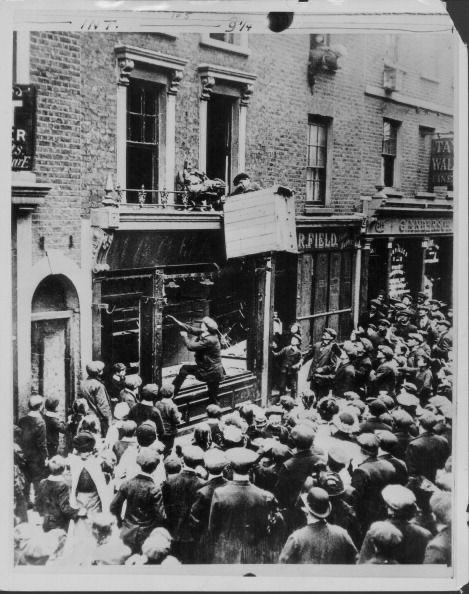
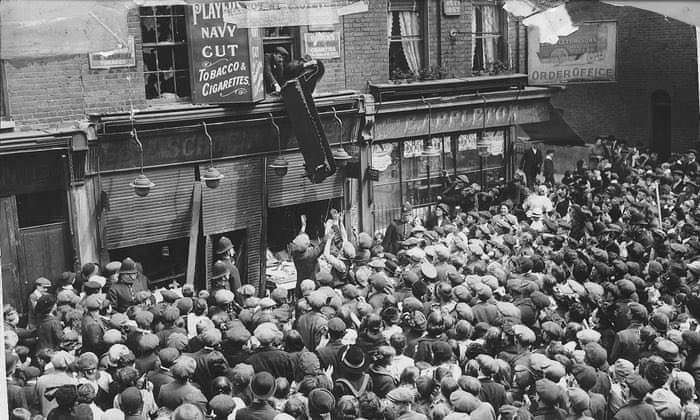
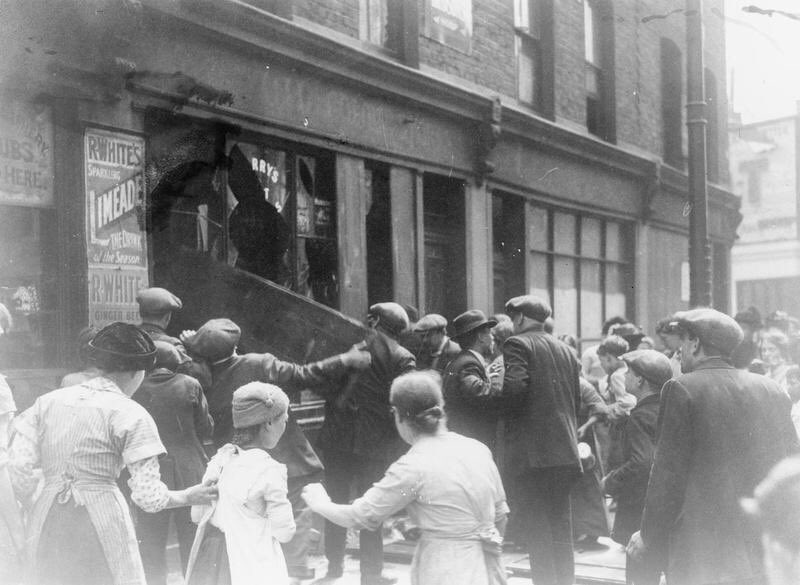
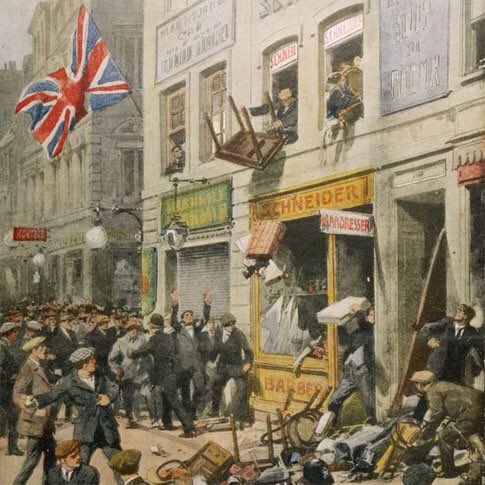
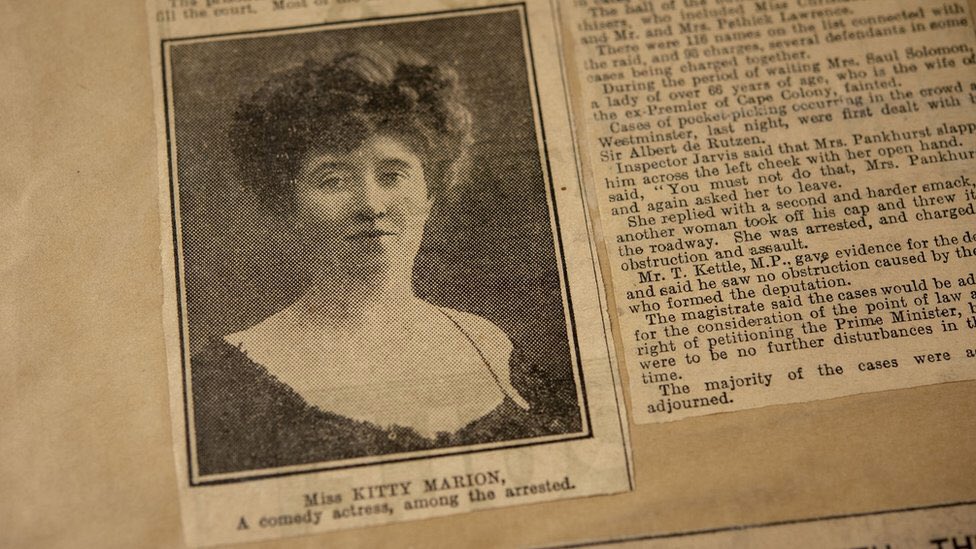
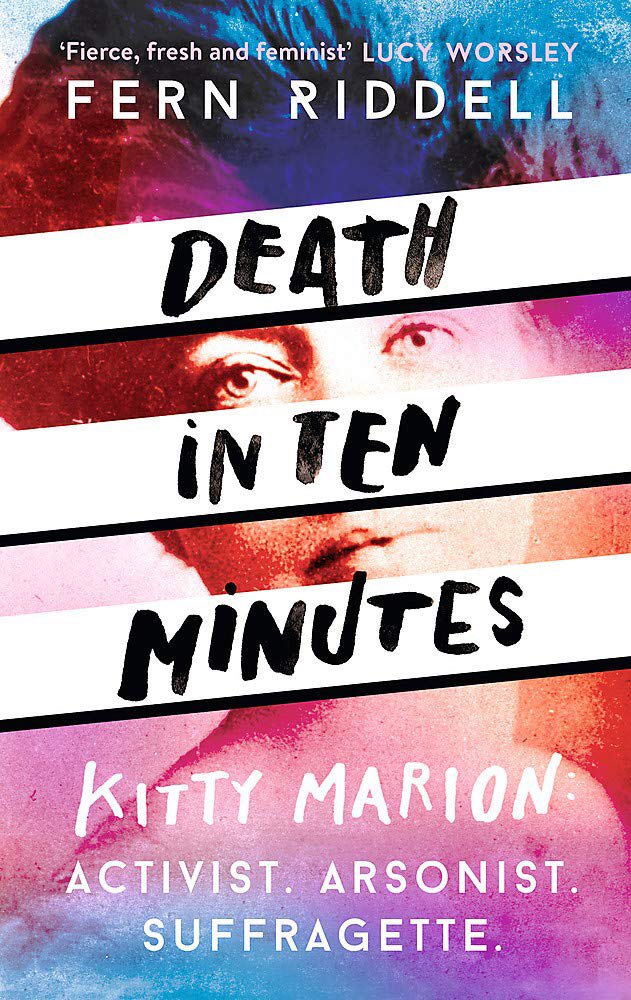
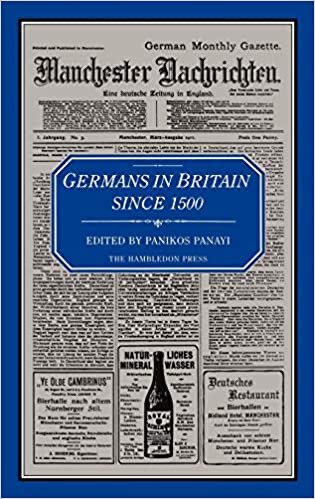 https://www.historytoday.com/archive/g... (21/21)" title="Research by Panikos Panayi: https://www.historytoday.com/archive/f... href=" http://www.historytoday.com/archive/germans-19th-century-britain">https://www.historytoday.com/archive/g... (21/21)">
https://www.historytoday.com/archive/g... (21/21)" title="Research by Panikos Panayi: https://www.historytoday.com/archive/f... href=" http://www.historytoday.com/archive/germans-19th-century-britain">https://www.historytoday.com/archive/g... (21/21)">
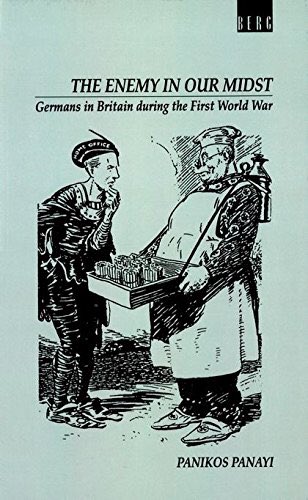 https://www.historytoday.com/archive/g... (21/21)" title="Research by Panikos Panayi: https://www.historytoday.com/archive/f... href=" http://www.historytoday.com/archive/germans-19th-century-britain">https://www.historytoday.com/archive/g... (21/21)">
https://www.historytoday.com/archive/g... (21/21)" title="Research by Panikos Panayi: https://www.historytoday.com/archive/f... href=" http://www.historytoday.com/archive/germans-19th-century-britain">https://www.historytoday.com/archive/g... (21/21)">
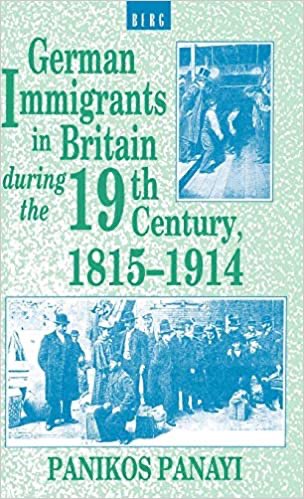 https://www.historytoday.com/archive/g... (21/21)" title="Research by Panikos Panayi: https://www.historytoday.com/archive/f... href=" http://www.historytoday.com/archive/germans-19th-century-britain">https://www.historytoday.com/archive/g... (21/21)">
https://www.historytoday.com/archive/g... (21/21)" title="Research by Panikos Panayi: https://www.historytoday.com/archive/f... href=" http://www.historytoday.com/archive/germans-19th-century-britain">https://www.historytoday.com/archive/g... (21/21)">
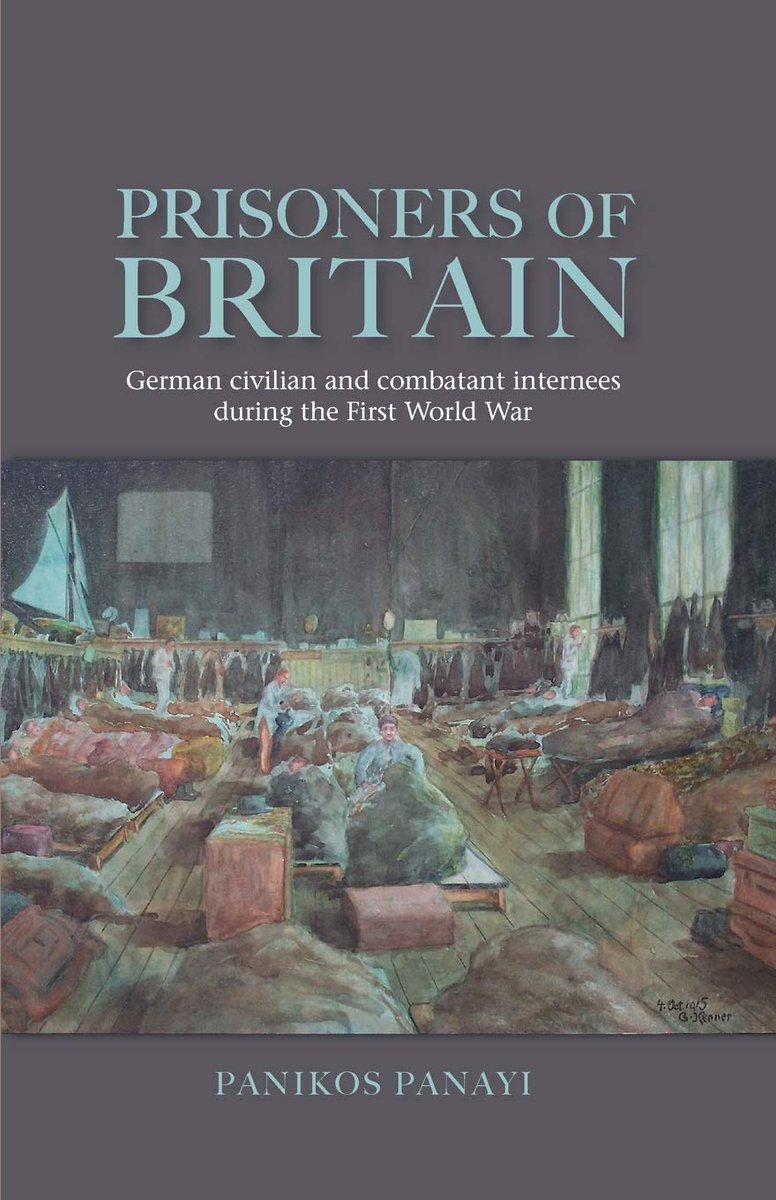 https://www.historytoday.com/archive/g... (21/21)" title="Research by Panikos Panayi: https://www.historytoday.com/archive/f... href=" http://www.historytoday.com/archive/germans-19th-century-britain">https://www.historytoday.com/archive/g... (21/21)">
https://www.historytoday.com/archive/g... (21/21)" title="Research by Panikos Panayi: https://www.historytoday.com/archive/f... href=" http://www.historytoday.com/archive/germans-19th-century-britain">https://www.historytoday.com/archive/g... (21/21)">


